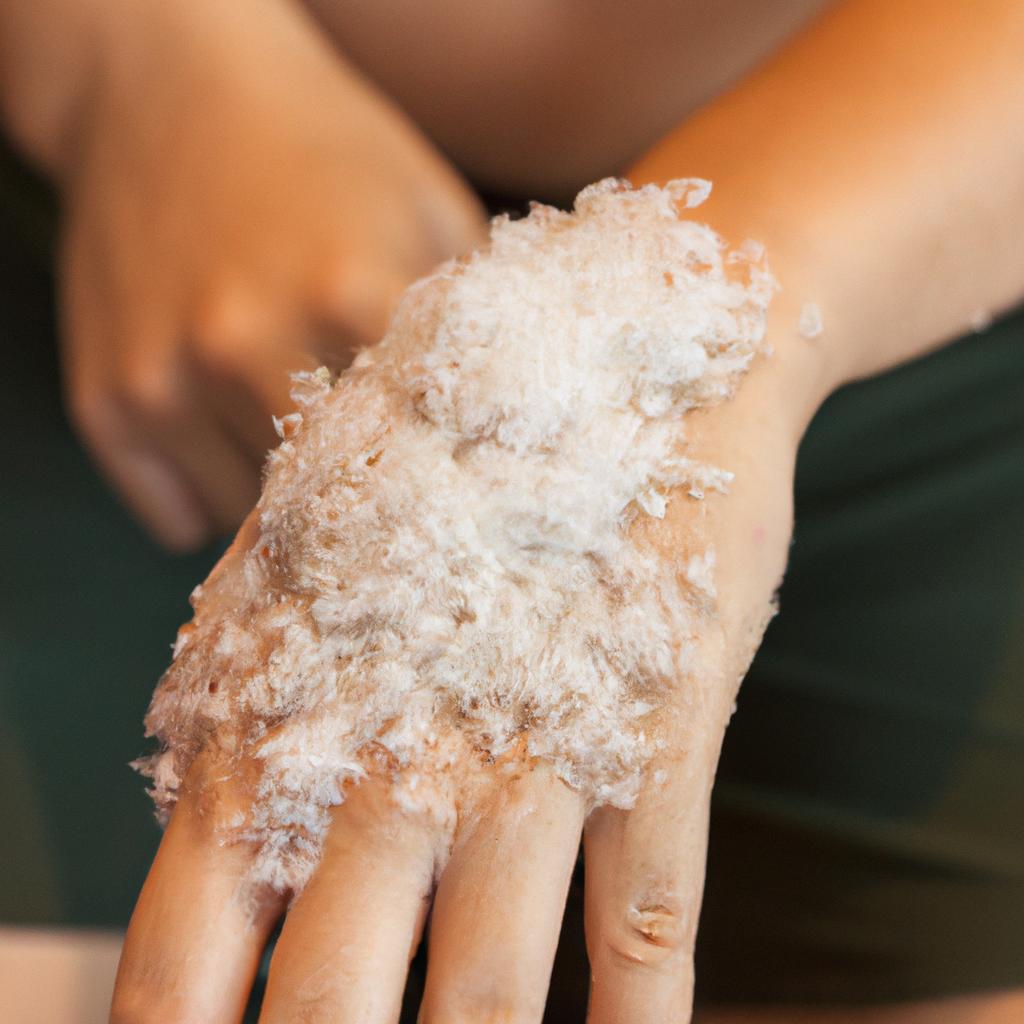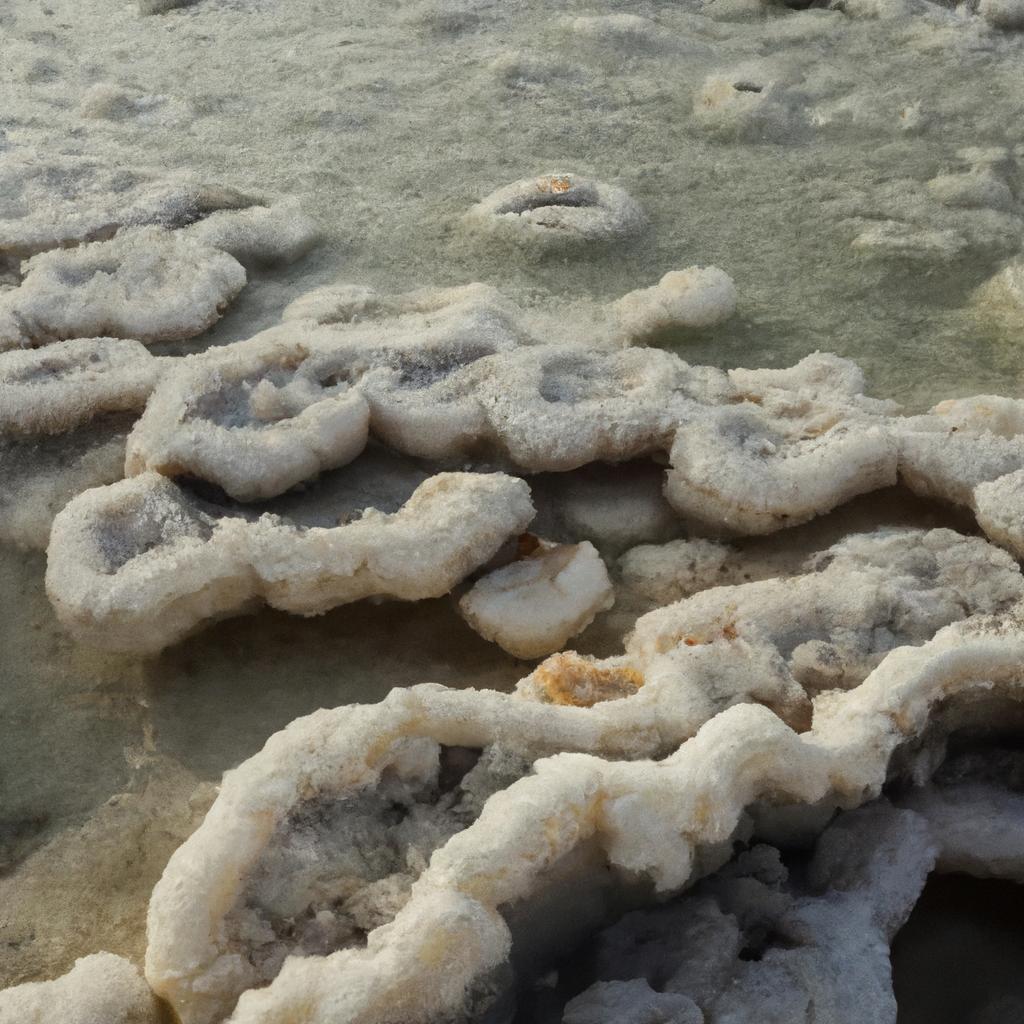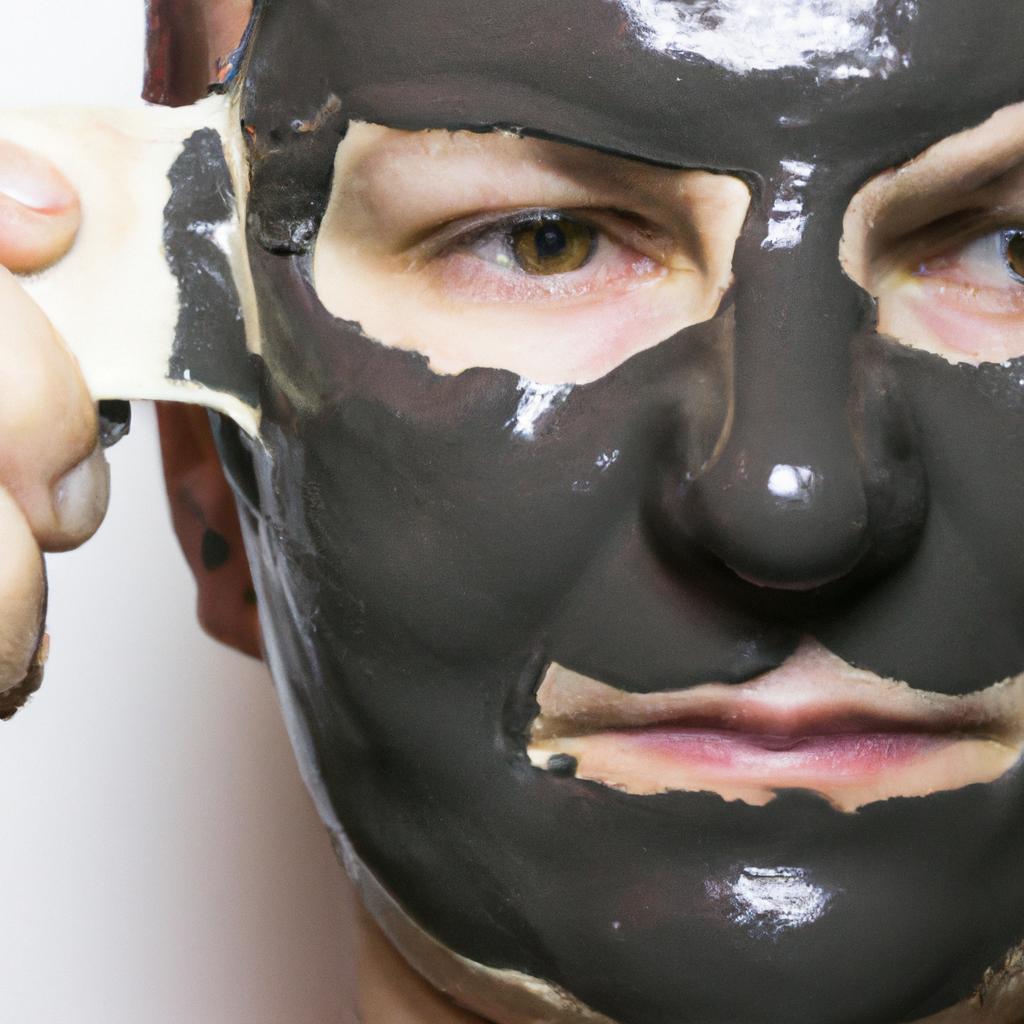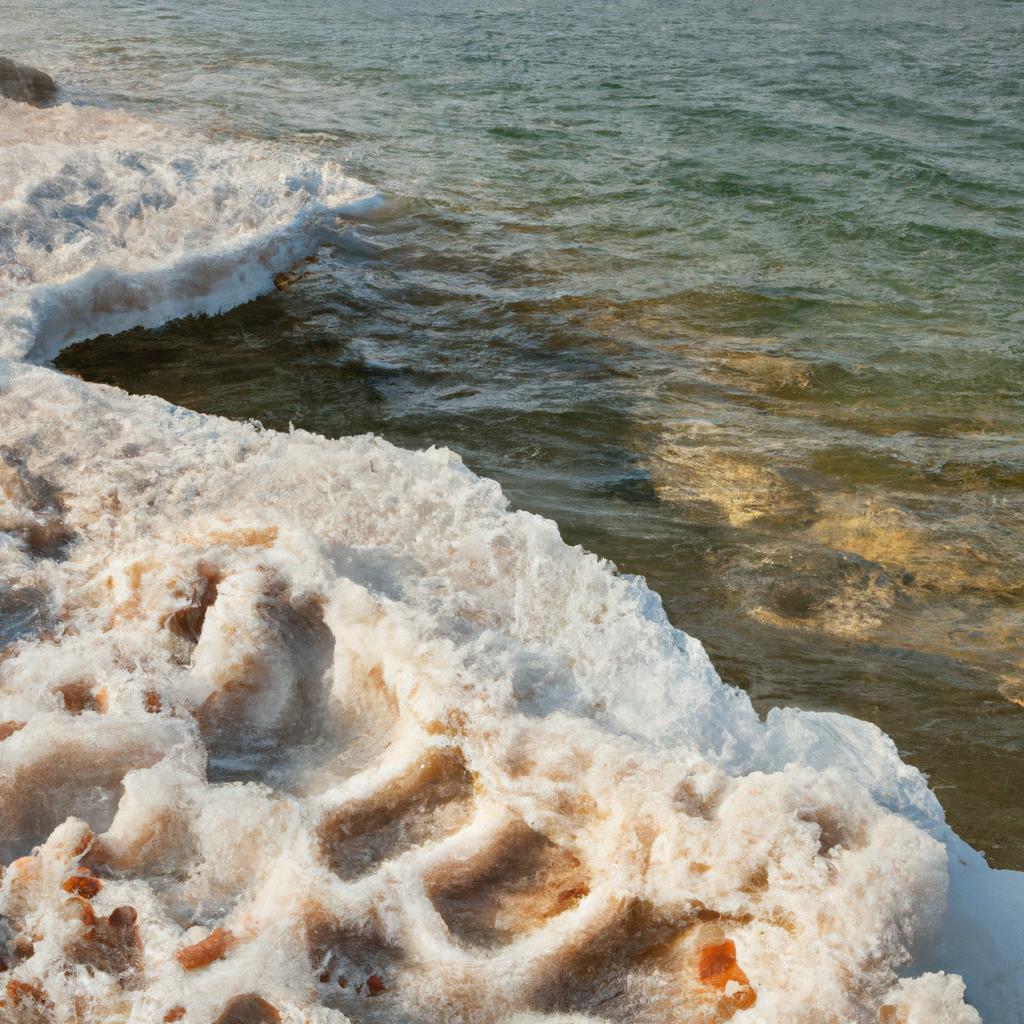The Dead Sea, nestled between Jordan and Israel, offers an extraordinary natural phenomenon that has captured the attention of scientists and adventurers alike. With its incredibly high salt content of approximately 33.7%, the Dead Sea stands as one of the saltiest bodies of water on Earth. This article aims to delve into the captivating science behind the salt in the Dead Sea, explore its myriad benefits, and shed light on its environmental impact. Brace yourself for an eye-opening adventure into the world of the Dead Sea’s salt.
The Science Behind the Salt in the Dead Sea

The Dead Sea owes its remarkable salt concentration to its unique geographical location. Situated at the lowest point on the Earth’s surface, it is ten times saltier than the oceans. The Jordan River, the sole significant water source for the Dead Sea, carries a high mineral content, which contributes to the salt concentration. This extraordinary salt formation is composed of minerals such as magnesium, potassium, calcium, and sodium, with magnesium being the most abundant at around 35%. The high magnesium content offers a multitude of health benefits, including stress relief, improved sleep, and reduced inflammation. Potassium, comprising approximately 13% of Dead Sea salt, plays a crucial role in maintaining a healthy nervous system. Additionally, calcium, accounting for about 0.2% of Dead Sea salt, aids in maintaining strong bones and teeth. With its lower sodium content compared to other types of salt, Dead Sea salt serves as an excellent alternative for those on a low-sodium diet. Moreover, its unique composition renders it highly effective in treating skin conditions like psoriasis, eczema, and acne, making it a sought-after ingredient in bath salts, body scrubs, and skincare products.
The Benefits of Dead Sea Salt

For centuries, Dead Sea salt has provided medicinal and therapeutic benefits to countless individuals. Its high mineral content has been proven to offer various health advantages, including relieving joint pain and stiffness, reducing stress and anxiety, improving sleep quality, promoting healthy digestion, boosting the immune system, helping treat respiratory issues, and enhancing skin health. Dead Sea salt’s soothing and hydrating properties, primarily due to its magnesium content, work wonders in reducing inflammation, redness, and signs of aging. It effectively exfoliates the skin, revealing a smoother and more radiant complexion. Bath salts, body scrubs, facial masks, moisturizers, and shampoos enriched with Dead Sea salt have become popular skincare choices, providing a natural and rejuvenating experience.
The Environmental Impact of Dead Sea Salt

While Dead Sea salt offers numerous benefits, it is essential to consider its environmental impact. The process of extracting salt from the Dead Sea can significantly affect its delicate ecosystem, which is already threatened by climate change and human activities. Salt extraction involves the evaporation of seawater over several months, resulting in highly concentrated salt solutions. The construction of enormous evaporation ponds along the Dead Sea’s shores disrupts the natural flow of water and sediment, occupying large areas of land. Additionally, the extraction of salt can affect the quality of water in the surrounding area and lead to a drop in the Dead Sea’s water level, further upsetting its delicate balance. Efforts to mitigate these environmental issues involve promoting sustainable salt extraction practices, reducing water diversion from the Jordan River (the primary water source for the Dead Sea), and fostering eco-friendly tourism while embracing renewable energy sources.
The Cultural Significance of Dead Sea Salt

The Dead Sea’s historical and religious significance stretches back thousands of years. Ancient civilizations, including the Egyptians, Greeks, and Romans, recognized the therapeutic benefits of Dead Sea salt and utilized it for medicinal purposes. In biblical references, the Dead Sea is referred to as the “Salt Sea” and served as a sanctuary for King David. Bedouin tribes have long relied on Dead Sea salt as a natural remedy for various ailments, often mixing it with honey or olive oil to heal wounds. It has also found its way into traditional Middle Eastern cuisine, enhancing flavors and adding a touch of cultural heritage.
Conclusion
In conclusion, the Dead Sea’s salt content holds tremendous scientific, health, and cultural value. Its unique composition, imbued with minerals like magnesium and potassium, brings forth numerous benefits for medical, therapeutic, and skincare purposes. However, it is crucial to address the environmental impact of salt extraction from the Dead Sea to protect its fragile ecosystem. At TooLacks, we embrace the wonders of nature and recognize the significance of Dead Sea salt. We hope this article has enriched your understanding of the science, benefits, and cultural importance of Dead Sea salt. For further exploration, visit TooLacks here.


